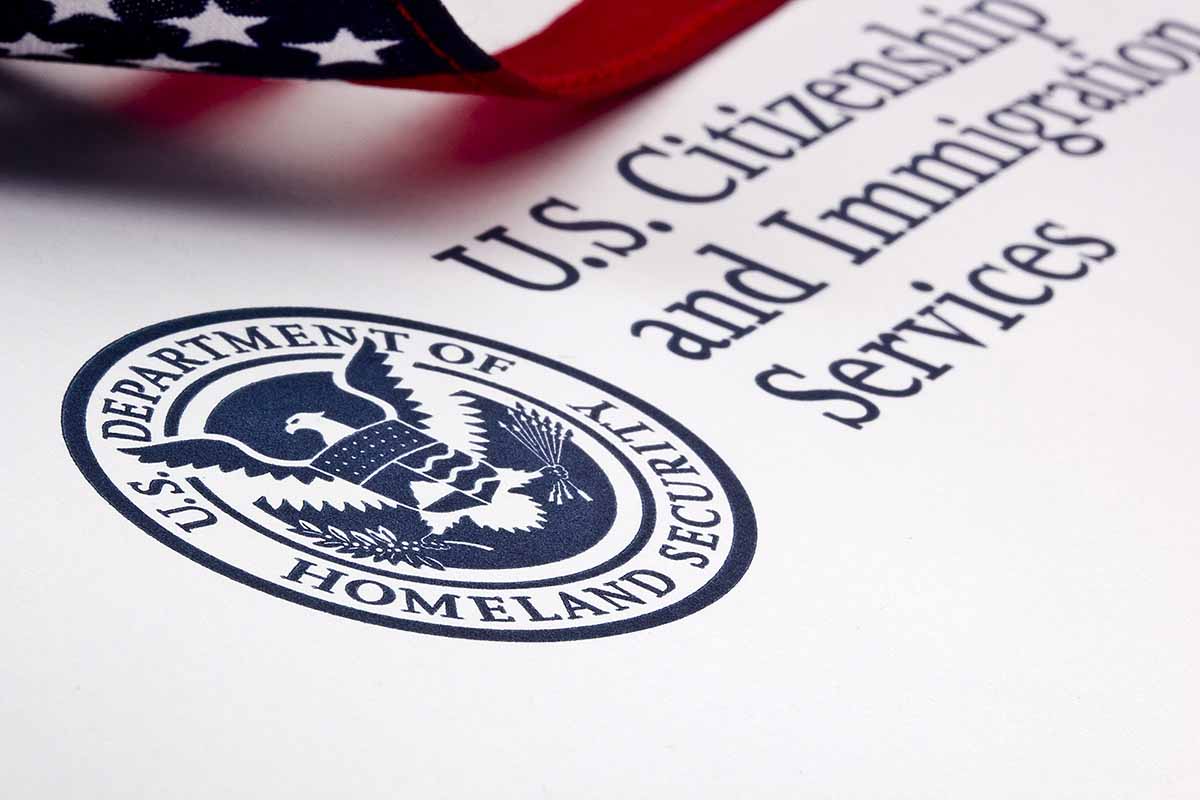Typical scenario – early morning, FBI agents show up unannounced at your home or workplace wanting to speak with you. You are not under arrest, they are simply investigating something that you can help with. Maybe it’s about your employer, or friend, or something you were involved in with others. You are caught off-guard by the surprise visit, you may still be sleepy and you think that if you don’t cooperate with the agents they will think that you have something to hide. So you agree to speak with them for a “few minutes”, and those minutes turn into an hour or two. You recall one agent asking questions and the other taking notes. You don’t think that you gave a “formal statement”, nothing that could get you in trouble.
Unfortunately, you just gave a statement, most likely unrecorded, to a federal agent and if that statement contained material misrepresentations, you have potentially violated two federal criminal statutes – making false statements (lying) to federal agents and obstruction of justice.
In 2017, I wrote about former National Security Advisor Michael Flynn and former Trump foreign policy advisor George Papadopoulos guilty pleas to making false statements to government agents. Federal statute, 18 U.S.C. § 1001, prohibits a person “in any matter within the jurisdiction of the executive, legislative, or judicial branch” of the federal government from “knowingly and willfully”:
(1) falsifying, concealing or covering up “by any trick, scheme, or device a material fact;”
(2) making any materially “false, fictitious, or fraudulent statement or representation;” or
(3) making or using “any false writing or document knowing the same to contain any materially false, fictitious, or fraudulent statement or entry …”.
This statute applies when someone is interviewed by the FBI or other federal agencies, even without being advised of his rights or being placed under oath, as in a deposition or court proceeding. There is no pre-warning required or given. In fact, these situations usually occur under a “friendly- type” interview, or just a “few questions” to clear up an issuer or to help the agents understand a situation better.
Remember Martha Stewart? While investigating a potential insider trading scheme involving Stewart and her financial advisor, Stewart spoke with federal agents and it was later determined that she lied. While she escaped the stock fraud charges, she went to prison for making false statements during the investigation.
More recently, a Harvard University Chair of its Chemistry and Biology Departments, Charles Lieber, was convicted of two counts of making false statements to the FBI post-arrest and after being advised of his Miranda rights to remain silent and have an attorney present. The agents arrested him in connection to an alleged Chinese espionage plot concerning scientific intellectual property. In the course of his arrest, the false statements he made to the FBI were used at trial to both present evidence as to the false statements counts, but also to show his guilty knowledge of the underlying scheme.
In another case involving a professor, this time at Texas A & M University, charges were based on his alleged lies to NASA about his affiliation with a Chinese university. Professor Cheng’s case involves questions of law about a Congressional budget bill that restricts NASA’s two-way funding arrangements with the Chinese government and whether the professor was required to disclose his ties to the Chinese university. In denying a motion to dismiss, the court held that while it could not determine the whether there was a requirement to disclose until evidence was heard at trial, the criminal case would proceed based on the professor’s alleged lies to the federal government. In other words, whether NASA’s inquiries were legitimate or not, it was entitled to honest answers.
In both of these cases, very highly educated people went forward with interviews with federal agents without the advice and presence of experienced defense counsel and both ended up facing serious federal criminal charges. Before agreeing to speak to federal agents, these cases demonstrate that the individual should first consult with a highly experienced white-collar criminal defense attorney to make sure that their rights are protected.
Stahl Gasiorowski Criminal Defense Lawyers have represented 100s of individuals in federal investigations and requests for interviews by federal agents. We aggressively protect our clients’ rights, and ensure that they do not unwittingly or purposely make statements that could later prove to be false or misleading. To contact the firm’s NJ office, call 908.301.9001 and to contact the firm’s NYC office, call 212.755.3300, or email Mr. Stahl at rstahl@stahlesq.com.



